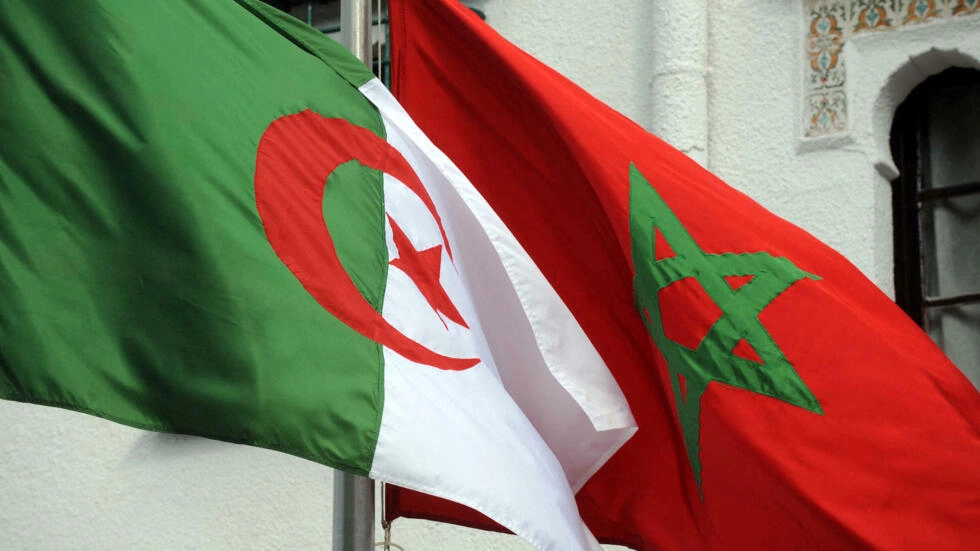Because Rabat is one of the world’s biggest cereal importers, a decrease in cereal imports would boost Morocco’s overall trade balance.
Late but consistent rainfall saved Morocco’s agricultural season, which has a strong effect on the country’s economic growth. The Ministry of Agriculture and Fisheries said Morocco was expecting a “favourable” 2017-18 agricultural season and “exceptional” cereal production.
The ministry said cereal production would total 9.8 million tonnes, up 3% from the previous season.
Because Rabat is one of the world’s biggest cereal importers, a decrease in cereal imports would boost Morocco’s overall trade balance.
The delay of rainfall at the beginning of the agricultural season prompted fears of drought that would have badly affected Morocco’s GDP. The High Commission for Planning said in January it forecast 2.8% growth for 2018 based on what it termed an “average” farming season.
However, ample precipitation during the rest of the season increased the rain totals to 16% higher than average, which offset the 61% deficit at the start of the sowing period. The filling rate of dams for agricultural use and groundwater levels also improved.
The increase in cereal production was even more impressive considering only 4.5 million hectares were planted in this year’s agricultural campaign, compared to 5.4 million hectares last year, Minister of Agriculture and Fisheries Aziz Akhannouch said.
The outstanding performance was credited to a record average yield of 2.2 tonnes per hectare, an increase of 23% over the previous season.
The ministry said the abundance of forage supply led to a drop in food prices and remunerative prices for shepherds because of good rainfall and favourable temperatures.
Akhannouch said the Plan Maroc Vert (Green Morocco Plan — PMV) allowed a 65% increase in agricultural exports in ten years.”
“The Plan Maroc Vert has largely promoted the access of young people to agriculture. It has facilitated access to credit, supported agricultural entrepreneurship and developed training in both higher and technical education and vocational training,” said Akhannouch at the Agricultural Conference in Meknes on the sidelines of the International Agricultural Fair of Meknes in late April.
The PMV, begun in 2008 by King Mohammed VI, helped increase agricultural GDP 7.7% per year, nearly $12 billion in 2015.
The investments that have been used for various agricultural sectors since the PMV’s inception have borne fruit. More than 250,000 jobs have been created, half of which were in 2016 and 2017, which helped stem rural migration.
The livestock sector grew 72% and plantations increased by more than 415,000 hectares.
The agricultural sector accounts for almost 15% of Morocco’s GDP and employs 40% of the country’s workforce. The North African country raised the customs duties on soft wheat imports to 75% from 17.5% in 2015 to protect the local harvest.
Morocco has witnessed repeated cycles of drought in the last ten years. The country’s population is forecast to reach 38 million in 2030, triggering increases in food and water consumption.
France and Morocco plan to boost cooperation in agriculture through two new partnership agreements.
French Food and Agriculture Minister Stephane Travert said France and Morocco have maintained intensive relations of cooperation in various fields, particularly in training and education.
“It is because our relationships are close and have been built on the trust and friendship for many years that I wish today that we can go even further and use this friendship to ensure that our two countries can still build for the future and that our agriculture is the spearhead of our economies,” said Travert.














